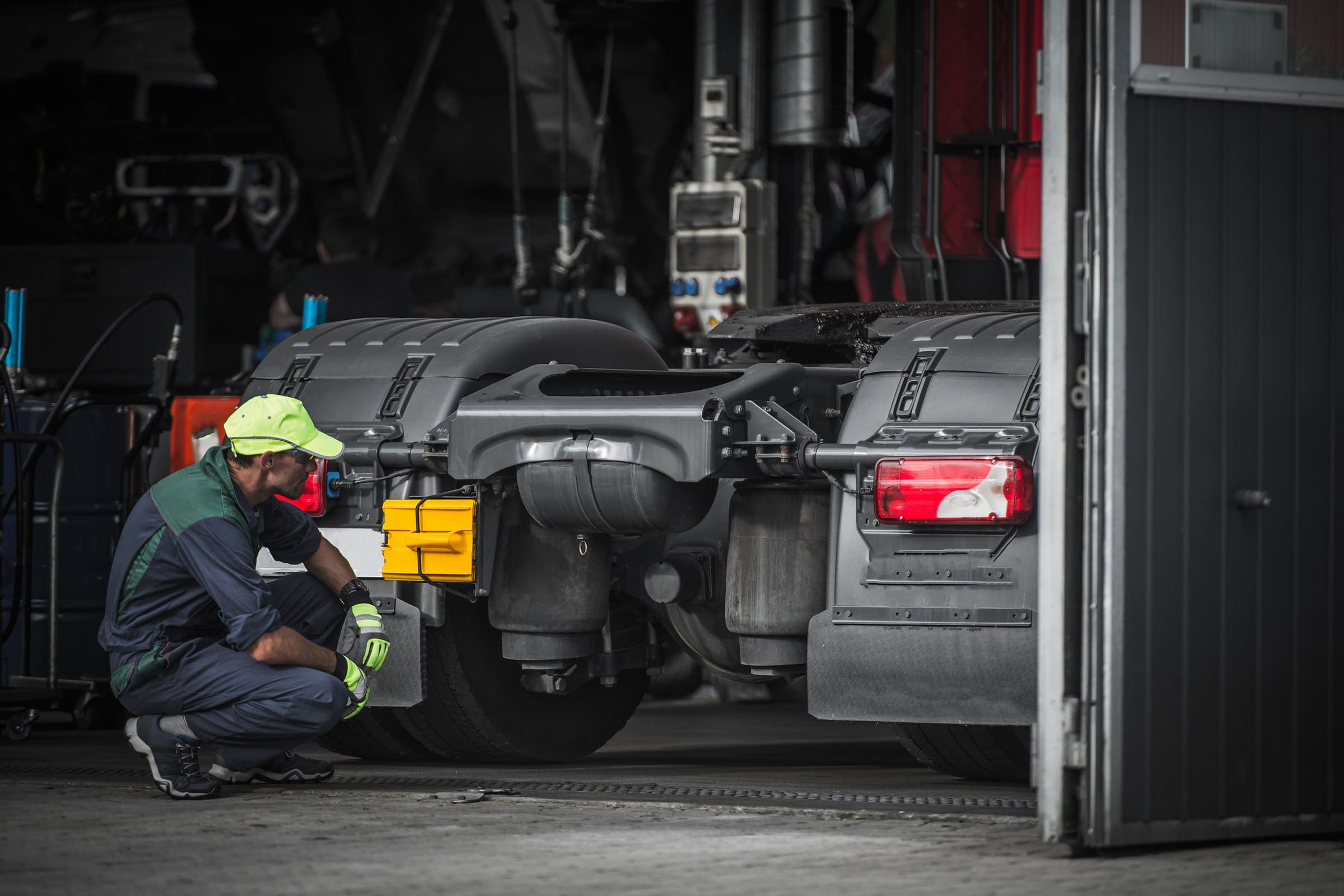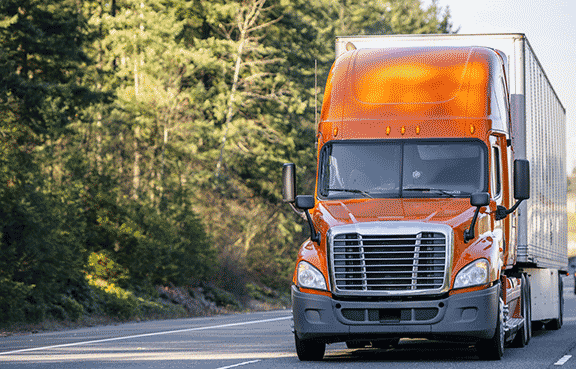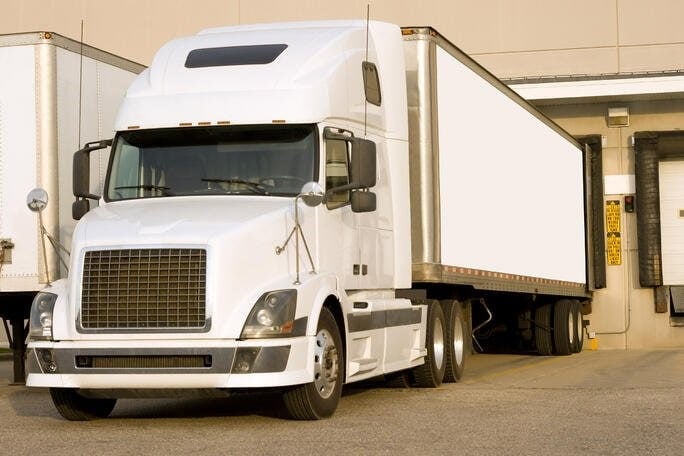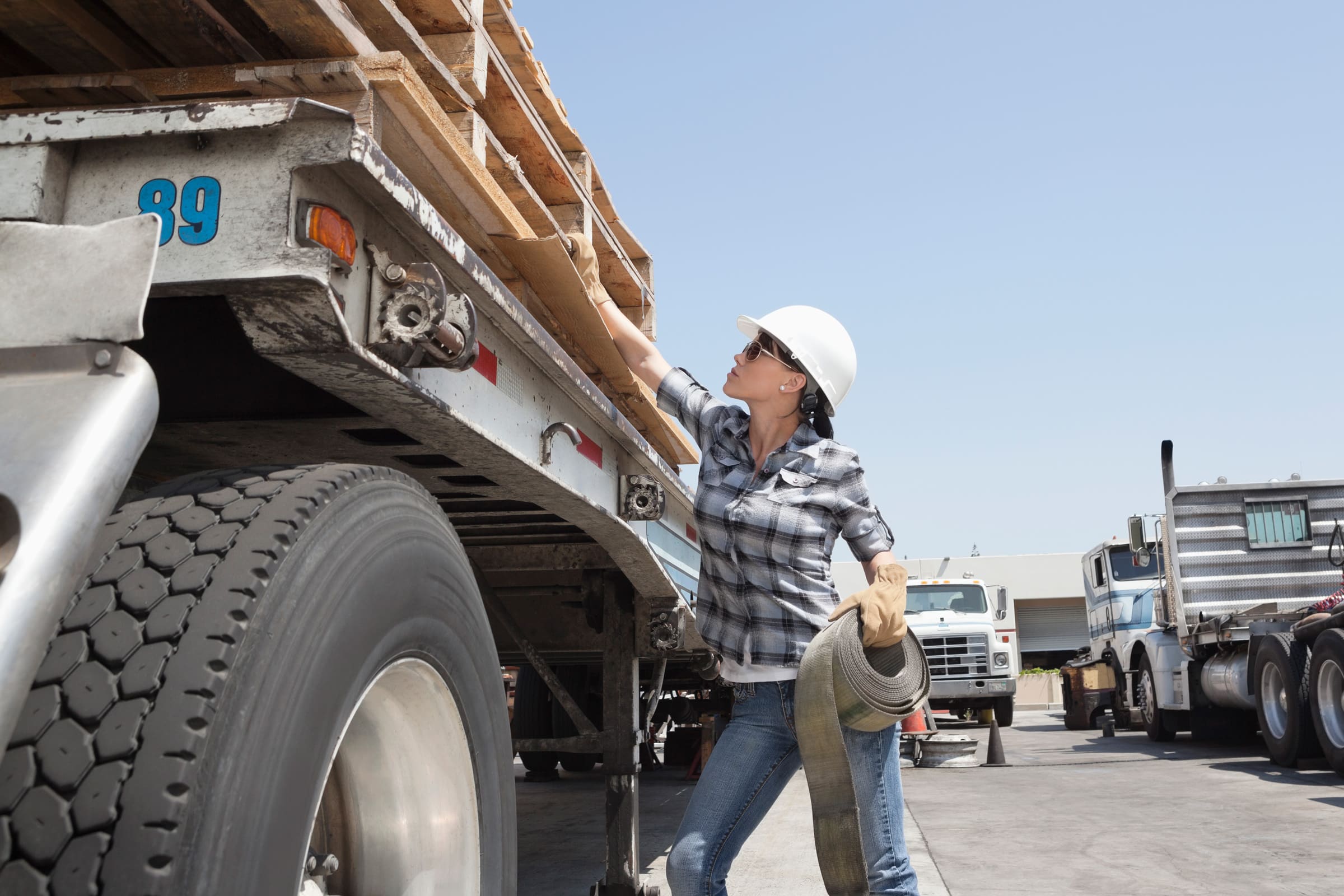The Essential 7 Work Practices

Truck drivers, mechanics, and office workers were asked to identify the skills they felt were most effective in preventing workplace injuries. They agreed on the Essential 7 Work Practices. Read the information below and ask yourself how you can improve your work habits to protect yourself from injury.
BE ATTENTIVE TO SURROUNDINGS
 Not paying attention to what you are doing or where you are going is a common cause of injuries at work and home.
Not paying attention to what you are doing or where you are going is a common cause of injuries at work and home.
BEST PRACTICES: While working in hazardous areas or walking about the job site, avoid distractions like using a mobile device or carrying on conversations that divert your attention from the task at hand.
COMMUNICATE HAZARDS IMMEDIATELY
 If you notice a hazard, communicate this immediately to others in the area so it can be avoided, and tell management so it can be removed.
If you notice a hazard, communicate this immediately to others in the area so it can be avoided, and tell management so it can be removed.
BEST PRACTICES: If you can remove a hazard on your own, do so. If not, use signs or enlist the aid of others to isolate the area until the hazard can be corrected. NEVER leave a hazard unattended.
UTILIZE PERSONAL PROTECTIVE EQUIPMENT
 PPE ranges from gloves and boots to helmets and respirators. Each garment is designed to protect the body from hazards like heat, chemicals, electricity, etc.
PPE ranges from gloves and boots to helmets and respirators. Each garment is designed to protect the body from hazards like heat, chemicals, electricity, etc.
BEST PRACTICES: Always use required PPE. Ensure PPE is properly maintained, cleaned, sized, and is effective against the hazards present.
FOLLOW ESTABLISHED SAFETY PROCEDURES
 Do not deviate from safety procedures or work practices, especially if you are in a hurry.
Do not deviate from safety procedures or work practices, especially if you are in a hurry.
BEST PRACTICES: Follow documented procedures. If you identify a hazard not covered, report the hazard so the procedure can be amended.
USE PROPER MATERIAL HANDLING TECHNIQUES
 For manual lifting, size up a load first. If it is too heavy, ask for help or use material handling equipment.
For manual lifting, size up a load first. If it is too heavy, ask for help or use material handling equipment.
BEST PRACTICES: Always use proper lifting techniques. Wear gloves to protect your hands and a back support harness to reduce the risk of a back injury.
OBEY HAZARD WARNING SIGNS
 Injuries often occur despite the use of caution signs, like a slippery floor sign, warning people of a hazard.
Injuries often occur despite the use of caution signs, like a slippery floor sign, warning people of a hazard.
BEST PRACTICES: Always obey warning signs, even if you do not see a hazard present. Find a safer route around the hazard.
PRACTICE GOOD HOUSEKEEPING
 Whether it is in the office, shop, or inside the truck, keep your work areas clean and walkways free of slip, trip, and fall hazards.
Whether it is in the office, shop, or inside the truck, keep your work areas clean and walkways free of slip, trip, and fall hazards.
BEST PRACTICES: Pick up any trash, boxes, computer cables, extension cords, tools or other objects that might cause you or others injury.
Note: These lists are not intended to be all-inclusive.
The information in this article is provided as a courtesy of Great West Casualty Company and is part of the Value-Driven® Company program. Value-Driven Company was created to help educate and inform insureds so they can make better decisions, build a culture that values safety, and manage risk more effectively. To see what additional resources Great West Casualty Company can provide for its insureds, please contact your safety representative, or click below to find an agent.
© Great West Casualty Company 2019. The material in this publication is the property of Great West Casualty Company unless otherwise noted and may not be reproduced without its written consent by any person other than a current insured of Great West Casualty Company for business purposes. Insured should attribute use as follows: “© Great West Casualty Company 2019. Used with permission by Great West Casualty Company.”
This material is intended to be a broad overview of the subject matter and is provided for informational purposes only. Great West Casualty Company does not provide legal advice to its insureds, nor does it advise insureds on employment-related issues. Therefore, the subject matter is not intended to serve as legal or employment advice for any issue(s) that may arise in the operations of its insureds. Legal advice should always be sought from the insured’s legal counsel. Great West Casualty Company shall have neither liability nor responsibility to any person or entity with respect to any loss, action, or inaction alleged to be caused directly or indirectly as a result of the information contained herein.




